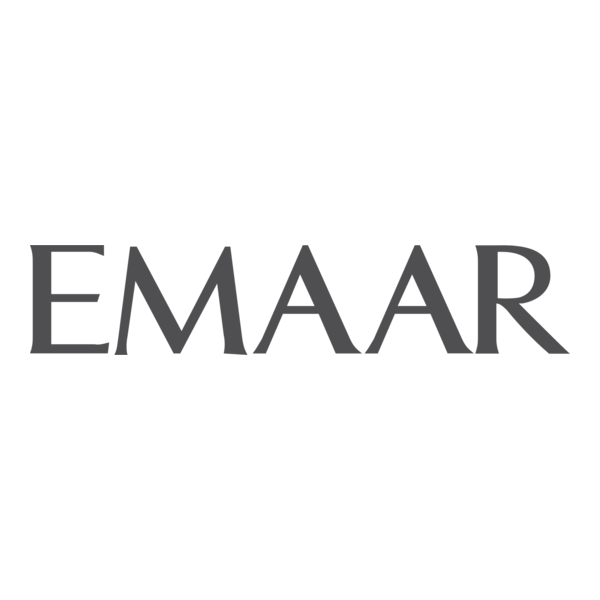Golden Visa Dubai (2025 Guide to Residency & Investment)

Understanding the Legal Framework: Visas and Documentation
The first and most critical step in relocating is securing the proper legal status. To live and work in Dubai long-term, you will need a residence visa, which is typically sponsored by your employer and is often valid for two years. The process involves medical examinations and background checks. It is highly advisable to have your educational degrees and professional certificates attested in your home country before you leave, as this will be required for most employment visa applications and is cheaper and faster to do beforehand.
Beyond the standard employment visa, Dubai offers several other long-term options, most notably the Golden Visa Dubai, a prestigious 10-year renewable visa offering significant benefits for long-term residency.
Golden Visa Dubai: A Path to Long-Term Residency in 2025
The Golden Visa Dubai is available to various categories, including property investors, entrepreneurs, and highly skilled professionals. Investing in a Dubai investment property with a value of at least AED 2 million can qualify you for this significant visa, offering stability and numerous advantages. Unlike standard visas, the Golden Visa provides a secure, long-term residency without the need for an employer sponsor, making it an attractive option for those looking to build a life or invest in the emirate. Other pathways to the Golden Visa include significant investments, exceptional talents, and specific professional fields, ensuring a diverse range of eligible individuals.
What financial preparation is necessary
While Dubai's tax-free salary is a major draw, it is crucial to budget for the high cost of living and significant one-time setup expenses. Relocators should be prepared for initial costs that can range from £4,000 to £10,000, covering expenses like a rental security deposit (typically 5% of annual rent for unfurnished properties), and advance rent payments, which are often required in the form of post-dated cheques for the year. When considering to rent property Dubai, budgeting for these upfront costs is essential.
Opening a local bank account is an essential step to streamline your financial transactions. Major recurring expenses to factor into your monthly budget include housing, utilities (electricity, water, internet), groceries, transportation, and, for families, school fees, which can range from £6,000 to £18,000 per child annually. Comprehensive health insurance is mandatory, as Dubai's high-quality healthcare system is private and does not have an equivalent to a public service like the UK's NHS.
Finding Your New Home in Dubai
Dubai’s real estate market offers a wide variety of housing, from high-rise apartments to sprawling villas in family-oriented communities. For those seeking to rent property Dubai, short-term rentals provide a flexible option while you search for a long-term home. To rent a property, you will need your residence visa and Emirates ID, so it is practical to explore neighbourhoods in person upon arrival while your documentation is being processed.
For those looking to buy property Dubai, expats can purchase property with full ownership rights in designated freehold areas such as Dubai Marina, Downtown Dubai, Palm Jumeirah villas, and Dubai Hills Estate. Buying property can also be a direct pathway to securing a Golden Visa, especially for high-value assets. Whether renting or buying, engaging a reputable and regulated real estate broker is crucial for a secure and smooth transaction in Dubai's well-regulated market.
How to handle the logistics of your move
Proper logistical planning is key to a hassle-free relocation. Start by creating a detailed checklist of your belongings and familiarise yourself with the UAE's customs regulations to ensure you are not transporting prohibited items. Hiring a reliable international moving company with experience in Dubai relocations is highly recommended. These companies can guide you through the necessary documentation and customs processes, with shipping costs from the UK to Dubai typically ranging between £2,000 and £6,000 depending on the volume of goods.
Once you have secured accommodation, you must set up essential services. This involves registering with the Dubai Electricity and Water Authority (DEWA) for utilities, and choosing between the two main providers, Du or Etisalat, for internet and phone services. Having all your necessary documents, like your passport, tenancy contract, and Emirates ID, ready will expedite these connections.
What to Expect When Settling In
Adapting to life in Dubai involves embracing a unique blend of modern, cosmopolitan living and traditional customs. English is widely spoken, making the initial transition smoother for many expats. However, it is important to respect local Islamic culture. This includes dressing modestly in public places and being aware that public displays of affection are not permitted. During the holy month of Ramadan, you should avoid eating or drinking in public during daylight hours out of respect.
Dubai is one of the safest cities in the world, with a very low crime rate. For families, the city offers excellent international schools and a high-quality, private healthcare system. Building a social network is vital for well-being, and with a large and diverse expatriate community, there are countless opportunities to connect with people from around the world through social events and clubs.
Final Thought
Moving to Dubai is a significant undertaking that promises immense rewards, from career growth to an unparalleled lifestyle. A smooth transition is not a matter of chance but the result of diligent research and careful planning. By understanding the visa requirements, especially for the Golden Visa Dubai, preparing financially for the initial costs, and respecting the local culture, you can navigate the complexities with confidence. Dubai's welcoming environment, combined with its world-class infrastructure and opportunities, makes it a premier destination for those ready to embrace a new chapter.
Get Your Free Dubai Investment Guide
What's Inside:
- ✓8+1 reasons international investors buy in Dubai
- ✓Market overview – the numbers you must know before investing
- ✓Off-plan vs Ready – what are the advantages?
- ✓Top 6 emerging locations for off-plan investment
- ✓Golden Visa – frequently asked questions answered
Your information is private. We never spam.







